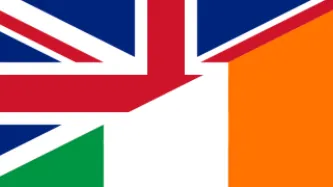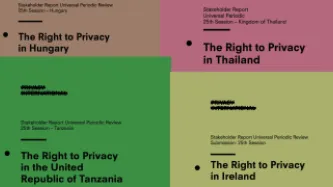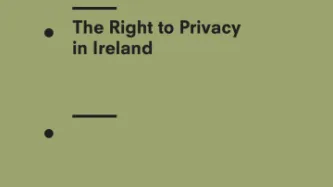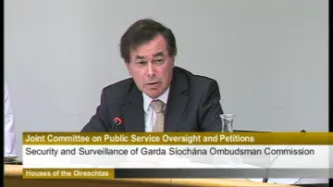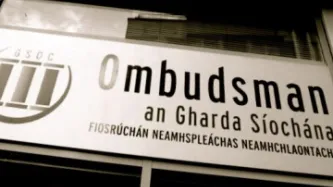Search
Content type: News & Analysis
The Irish Data Protection Commissioner has made a ruling on the controversial Public Services Card (PSC) that has described much of what is is done with the card as unlawful. The PSC has proven controversial: introduced in 2012 for welfare claimants, it's use expanded to more and more uses, including its use to get a driving licence or passport. Now, following campaigns from civil liberties organisations, this expansion of use has now been found to be unlawful by Ireland's Data Protection…
Content type: Long Read
Image: Eric Jones
The UK government last week hosted hundreds of surveillance companies as it continues to try and identify “technology-based solutions” able to reconcile the need for controls at the Irish border with the need to avoid them.
The annual showcase conference of 'Security and Policing' brings together some of the most advanced security equipment with government agencies from around the world. It is off limits to the public and media.
This year’s event came as EU and UK…
Content type: News & Analysis
The recent announcement by the Minister for Justice that serious and organised crime will receive legislative attention from the Government and the Oireachtas is most welcome. However, the stated means of achieving this are deeply concerning for the Irish public and larger digital economy. The statements indicate that the Government intends to follow the British model of surveillance where Irish companies can be compelled to betray their users. Why would any user engage with a…
Content type: News & Analysis
Over the next two weeks, the 25th session of the Universal Period Review Working Group will take place in Geneva. The Universal Period Review is a key mechanism of the UN Human Rights Council to remind UN Member States of their responsibility to respect and implement all human rights and fundamental freedoms.
Amongst others, Hungary, the United Republic of Tanzania, Thailand, and Ireland will be reviewed. Privacy International, in collaboration with national civil society…
Content type: Advocacy
This stakeholder report is a submission by Privacy International (PI) and Digital Rights Ireland Ltd. (DRI). PI is a human rights organisation that works to advance and promote the right to privacy and ght surveillance around the world. DRI is an Irish group dedicated to defending civil, legal and human rights in a digital age. PI and DRI wish to bring concerns about the protection and promotion of the right to privacy in Ireland before the Human Rights Council for consideration in Ireland…
Content type: News & Analysis
The 'GSOC saga' began a number of weeks ago with the revelation that the oversight body of the Irish police force, the Garda Siochana Ombudsman Commission (GSOC), may have been the target of sophisticated electronic surveillance. A security company, Verrimus, found that there was evidence that an IMSI Catcher device may have been deployed in the vicinity of GSOC's offices which could have intercepted all mobile phone communications of its officers and anyone visiting the offices. Following the…
Content type: News & Analysis
The recent revelations surrounding the bugging of the Garda Siochana Ombudsman Commission (GSOC) has raised a number of important questions about the use of surveillance technologies in Ireland, including whether fake base stations were deployed in order to monitor mobile networks near GSOC's office.
First, some background. The Garda Siochana are the Irish police force and are overseen by GSOC, who have investigated members of the police force on a number of occasions. Approximately a year ago…


